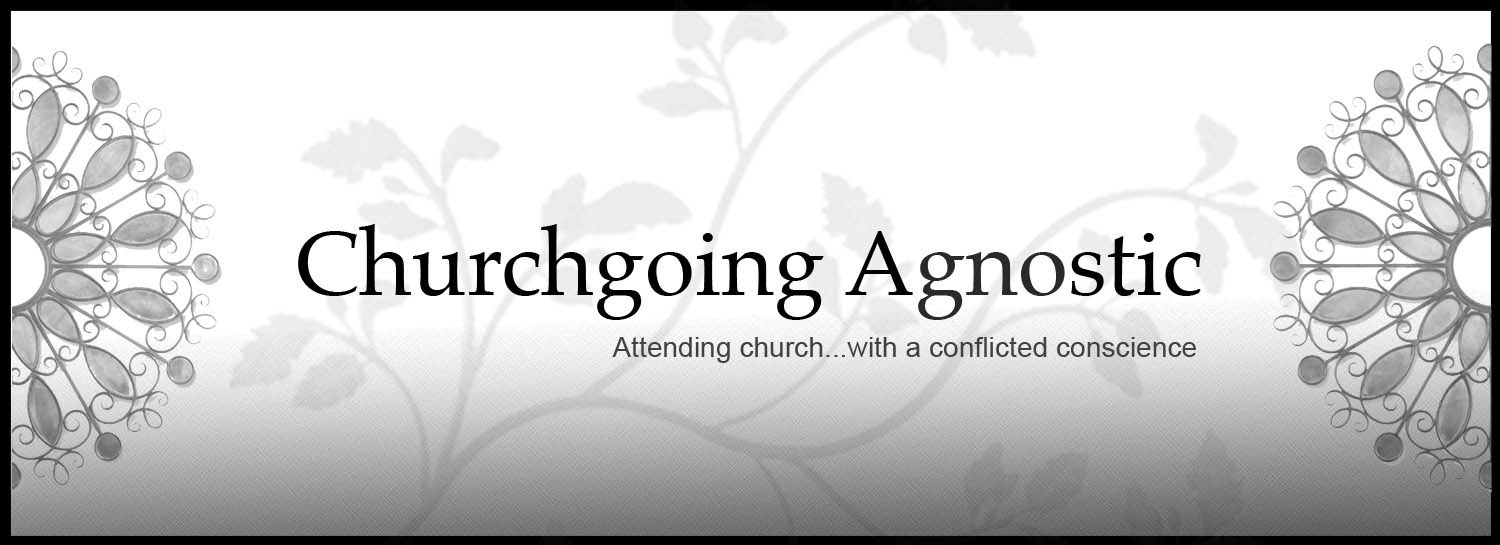Extremists. Terrorists. Socialists. Centrists. Leftists. Rightists. Communists. Capitalists. Secularists. Rationalists. Atheists. Fundamentalists. Literalists. Creationists. Evolutionists.
The list of descriptives is as endless as the many ways humans can describe their philosophical, ethical and political positions. And I’ll be the first to admit that such terms have their purpose in effective communication. In our day and age, we see these popular terms sprinkled throughout our communications as they are typically used to refer to our ideological opponents.
But, while such terminology can be helpful in identifying and categorizing ourselves and others, I find that using such labels can also make it all easy to overlook the actual humanity of those who subscribe to such different perspectives of life. Could it be that such labels (which are often used in a derogatory fashion) only sabotage sincere efforts to build bridges of understanding with respectful dialogue? Could it be that the label, while helpful in many ways, can run the risk of dehumanizing the person?
While this could be judged as a mere matter of semantics, I personally find it more helpful to remind myself of the humanity of those who subscribe to a certain views- especially if their views differ from my own.
For example, I find that people with whom I interact react defensively when I offhandedly refer to them as being “biblical literalists;” whereas, these same individuals seem to respond in a more positive manner when I refer to them (and those who share their perspective) as “people who read and understand their sacred scriptures literally." Merely inserting the word “people” into my description of various ideological positions does a lot to remind me that people who subscribe to various philosophies are still just that...people; and despite the various ways people may differ in how they understand reality, their humanity remains the constant and common denominator.
With a mindless usage of blanket terms and categorical labels, I think that one can easily lose sight of the fact that a “socialist”, to use an example, is essentially “a person who supports the theory and practice of socialism;” or that a "homosexual" is essentially "a person whose sexual orientation inclines them to be sexually attracted to people of the same gender." Yes, it’s a slightly nuanced way of saying the same thing, but one that I feel has more potential to foster understanding between individuals who hold contrary opinions.
I am in the process of incorporating these insights into a shift in my own communication when describing myself and others. And while it takes longer to express myself and get my points across, I’d like to think that the extra time is worth it if it leads to other people feeling comfortable enough to respectfully engage with me in a conversational encounter about issues that concern us.
Thursday, December 4, 2008
Subscribe to:
Post Comments (Atom)



No comments:
Post a Comment